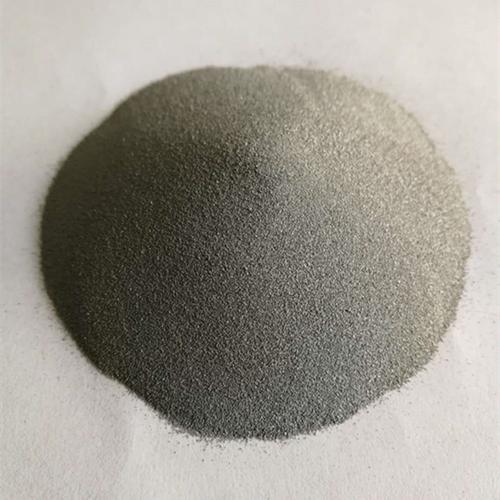Bismuth trioxide is a colorless, odorless gas that is often referred to as “bismuth oxide.” It is primarily used in the pharmaceutical industry for its ability to dissolve and act as an emulsifier in the formation of plastics and textiles. Bismuth trioxide is also used in the food industry for its ability to increase the durability of plastics and other materials.
(bismuth trioxide uses)
One of the main benefits of using bismuth trioxide is its ability to break down and separate a wide range of polymers and fats. This makes it useful for manufacturing plastics such as rubber, plastic bags, and plastics inks. In addition, bismuth trioxide can be used to make food such as meat products and oil paints.
In addition to its use in the pharmaceutical industry and food industry, bismuth trioxide has been shown to have a number of potential health benefits. For example, it may reduce the risk of certain types of cancer and improve the effectiveness of some medications. Additionally, bismuth trioxide may have anti-inflammatory properties, which could help prevent and treat conditions such as arthritis.
However, there are also concerns about the potential negative effects of bismuth trioxide on human health. Some studies suggest that prolonged exposure to bismuth trioxide may increase the risk of respiratory problems such as bronchitis and asthma. Other studies have suggested that bismuth trioxide may be a cause of cell death and death due to radiation.
(bismuth trioxide uses)
Overall, while bismuth trioxide has several potential health benefits, it is important to carefully consider the potential risks before using it in any form of medicine or industrial application. It is recommended that individuals who are concerned about their health take steps to reduce their exposure to bismuth trioxide, such as taking supplements or following strict dietary restrictions.
Inquiry us
if you want to want to know more, please feel free to contact us. (nanotrun@yahoo.com)

